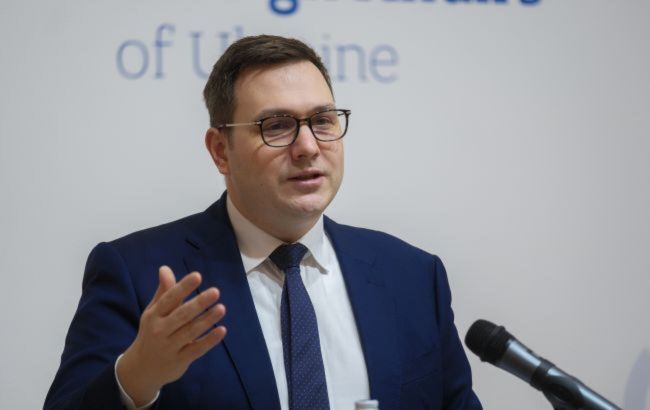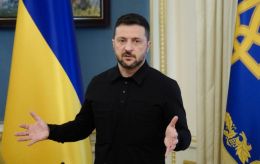In Czechia, Trump–Putin summit seen as echo of 1938 Munich Agreement
 Photo: Czech Foreign Minister Jan Lipavský (Vitalii Nosach / RBC-Ukraine)
Photo: Czech Foreign Minister Jan Lipavský (Vitalii Nosach / RBC-Ukraine)
After the start of talks between US President Donald Trump and Vladimir Putin in Alaska, Czech officials were reminded of the dangers of appeasing dictators.
This was remarked by Czech Foreign Minister Jan Lipavský, according to his X post.
The Czech minister compared Trump’s meeting with Putin to the Munich Agreement of Hitler’s era.
Czech Foreign Minister Jan Lipavský cited the words of British Foreign Secretary Anthony Eden, spoken after the signing of the 1938 Munich Agreement: "You may gain temporary appeasement by a policy of concession to violence, but you do not gain lasting peace that way."

The Munich Agreement, signed by Neville Chamberlain’s government with Hitler, is considered one of history’s most shameful examples of appeasement. Under the agreement, Germany effectively gained part of Czechoslovakia. Just a few months later, in March 1939, Hitler occupied the rest of Czechia, pushing the world to the brink of World War II.
Thus, the Czech foreign minister’s words served as a warning about the risk of history repeating itself; attempts to negotiate with an aggressor may only delay, but not prevent, a larger conflict.
Trump–Putin meeting in Alaska
At the US military base Elmendorf–Richardson in Anchorage, Alaska, Trump and Putin were expected to discuss issues of international security, sanctions, investments, and possible paths toward peace in Ukraine.
An hour before the scheduled start, it was announced that instead of a one-on-one, the talks would be held in a three-on-three format.
After the lengthy discussion, Donald Trump said that despite what he called an “extremely productive meeting” with Russian leader Vladimir Putin, no agreement was reached on a ceasefire in Ukraine.
More details on the Alaska summit can be found in RBC-Ukraine’s full report.

